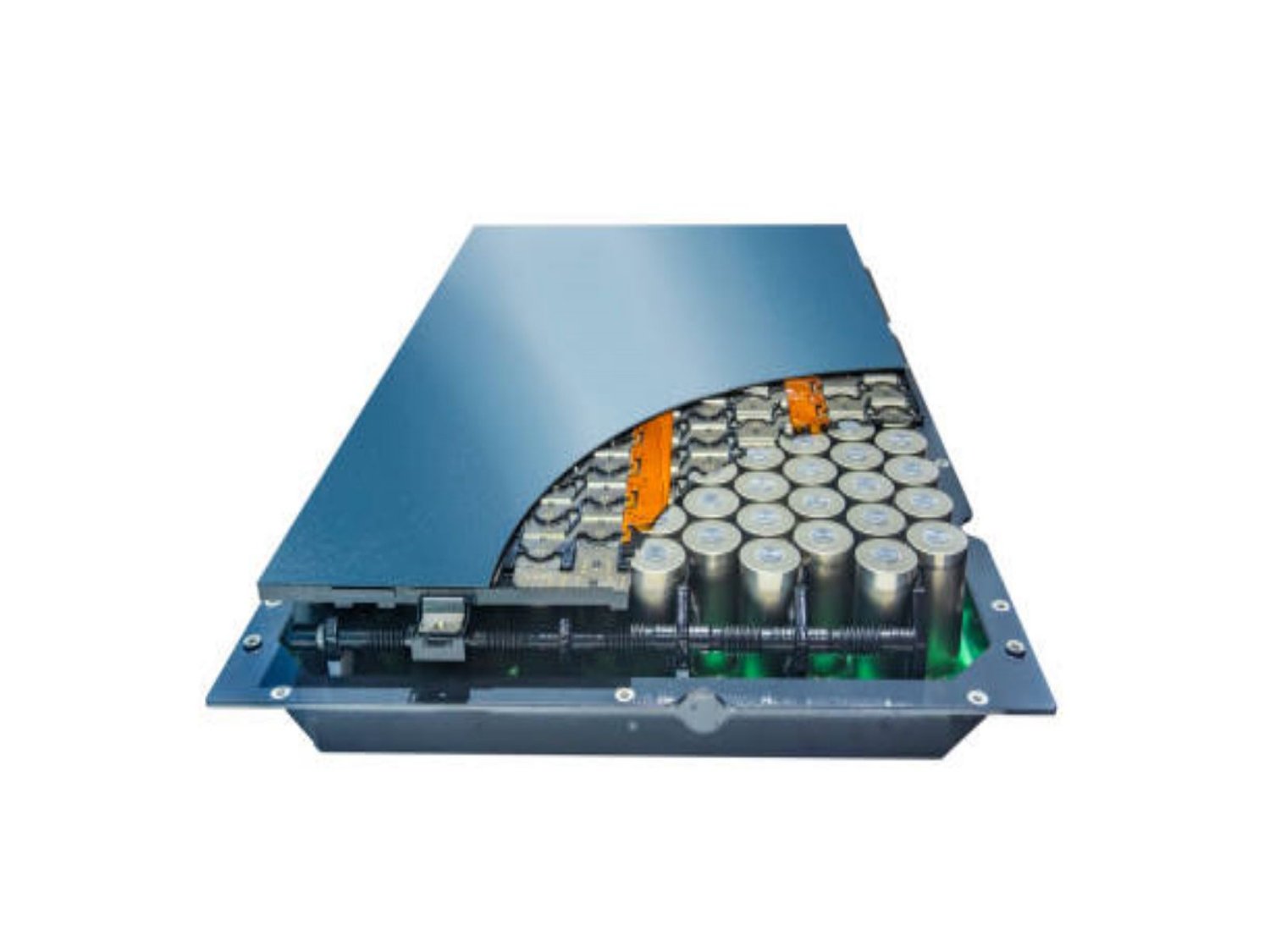Application Fields Explored: Where Can Battery Management Systems Make a Difference?
Introduction
Battery management systems (BMS) play a crucial role in optimizing the performance and lifespan of batteries. These systems are designed to monitor, control, and protect batteries in various applications. From consumer electronics to electric vehicles, BMS technology has found its way into numerous industries, making a significant difference in their functioning. In this article, we will explore the application fields where battery management systems make a difference and highlight their importance.
1. Electric Vehicles of Battery Management Systems
As the world transitions towards cleaner and more sustainable transportation options, electric vehicles (EVs) have gained immense popularity. Battery management systems are a critical component in EVs, as they ensure efficient utilization of the battery pack. BMS monitors the state of charge, temperature, and voltage of individual battery cells, balancing them to maximize performance and extend battery life. Additionally, BMS protects the batteries from overcharging, over-discharging, and thermal runaway, ensuring safe and reliable operation.
2. Renewable Energy Storage of Battery Management Systems
The integration of renewable energy sources, such as solar and wind, into the power grid requires efficient energy storage systems. Battery management systems play a vital role in storing and managing the energy generated from these sources. BMS technology ensures optimal charging and discharging of batteries, enabling the storage of excess energy during periods of low demand and supplying it during peak times. This helps stabilize the power grid and reduces reliance on fossil fuel-based power plants.
3. Telecommunications of Battery Management Systems
The telecommunications industry heavily relies on backup power systems to ensure uninterrupted communication services. Battery management systems are essential in maintaining the reliability of these backup power systems. BMS monitors the battery health, detects any faults or abnormalities, and triggers timely maintenance or replacement. By ensuring the availability of fully charged and functional batteries, BMS contributes to the smooth operation of critical communication networks, especially during power outages or emergencies.
4. Medical Devices of Battery Management Systems
Battery-powered medical devices, such as implantable devices and portable medical equipment, require reliable and efficient power sources. Battery management systems play a crucial role in ensuring the safe and optimal operation of these devices. BMS monitors the battery's state of charge and provides accurate information on battery life and remaining capacity. This information is vital for healthcare professionals to make informed decisions regarding device usage and battery replacement, improving patient care and safety.
5. Aerospace and Defense of Battery Management Systems
Battery management systems are also extensively used in the aerospace and defense sectors. From satellites and unmanned aerial vehicles (UAVs) to military vehicles and equipment, BMS technology ensures reliable power supply in demanding environments. BMS monitors the battery performance, predicts potential failures, and provides real-time information to operators. This enables proactive maintenance and minimizes the risk of critical power failures, ensuring mission success and personnel safety.
6. Marine and Offshore Applications
In marine and offshore applications, battery management systems are essential for efficient and reliable power management. From electric propulsion systems on ships and submarines to offshore platforms and underwater vehicles, BMS technology ensures optimal utilization of battery energy. BMS monitors and controls the charging and discharging processes, protects against overvoltage and overcurrent conditions, and extends battery life in harsh marine environments.
7. Industrial Automation of Battery Management Systems
Battery management systems find applications in various industrial automation processes. From automated guided vehicles (AGVs) to warehouse management systems, BMS technology ensures reliable power supply and optimal battery utilization. BMS monitors battery health, predicts battery failures, and enables timely maintenance or replacement to minimize downtime and maximize operational efficiency.
8. Grid Energy Storage of Battery Management Systems
Battery management systems are crucial in grid energy storage systems, which store excess energy during off-peak periods and supply it during peak demand. BMS technology optimizes the charging and discharging cycles of batteries, ensuring efficient utilization and prolonging battery life. By integrating BMS into grid energy storage systems, renewable energy can be harnessed effectively, reducing the reliance on traditional power plants and promoting a more sustainable energy future.
9. Consumer Electronics of Battery Management Systems
Battery management systems are widely used in consumer electronics, such as smartphones, laptops, and tablets. BMS technology ensures efficient charging and discharging of batteries, preventing overcharging, over-discharging, and overheating. This not only improves the battery life but also enhances the safety of these devices. BMS also provides accurate battery status information, allowing users to make informed decisions regarding battery usage and replacement.
10. Smart Grid Integration
As the power grid becomes smarter and more decentralized, battery management systems are instrumental in integrating energy storage into the grid. BMS technology enables bidirectional power flow, allowing batteries to store excess energy from renewable sources and supply it back to the grid during peak demand. This helps balance the supply and demand, improves grid stability, and reduces the need for additional power generation capacity.

